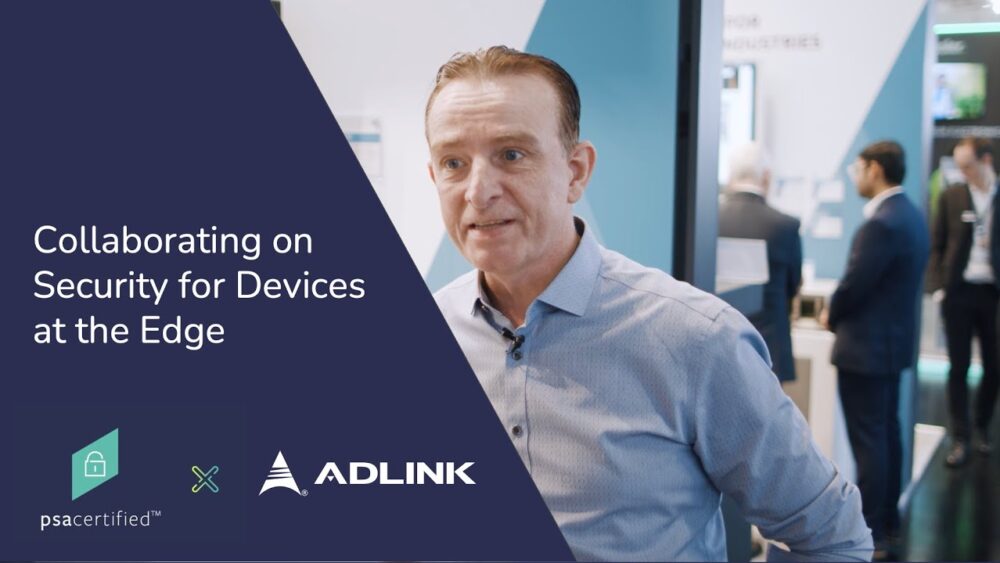The number of connected devices being shipped each year is increasing exponentially. Rapid growth in the market creates opportunities for innovators to develop products that can transform industries and simplify and enhance our lives. We can help our customers benefit from advances in technologies including artificial intelligence and machine learning. However, we must also work just as hard to protect our devices, and their operations, from cyberattacks.
We know our customers are concerned about security and they’re looking for connected products they can trust. ADLINK specializes in edge computing solutions that enable data to be processed, analyzed and stored close to the source. This approach speeds up response times, improves efficiency and minimizes exposure to potential threats.
It’s clear that edge devices must also have security built in, as many operate in critical and challenging environments, which makes them a valuable target for hackers. For example, our products are utilized in healthcare, industrial and automotive applications and a security breach in those settings can have serious implications. That’s why we take steps to identify potential vulnerabilities and implement appropriate safeguards. That includes ensuring our products meet cybersecurity regulations, standards and best practice.
Complying with Security Laws and Baseline Requirements
Our ADLINK I-Pi SMARC IMX8M Plus computer-on-module development kit, which is based on the NXP® i.MX 8M Plus with quad-core Arm Cortex®-A53 processor, has achieved PSA Certified Level 1 certification. PSA Certified is a global partnership of security experts who are making it easier to build the right level of protection into connected devices. (Security is not a one-size-fits-all solution.) They’ve developed an easy-to-follow, four-stage security framework and independent, multi-level certification scheme. The scheme aligns with existing and emerging cybersecurity laws and baseline requirements, including in the US, UK, and Europe.
Our PSA Certified Level 1 certification means that a third-party lab has checked our product meets the security requirements in major markets and that it protects customers from the most common cyberattacks. We believe that security is non-negotiable so we’re proactive in our approach. However, PSA Certified gives us a seal of approval that reassures our customers. I highlight the importance of it in this video.
PSA Certified Helps Build Trust in Connected Devices
It’s also important to build trust within the ecosystem and you can only do that if people can see that certain security standards are being maintained. We’re supporters of PSA Certified because it helps us demonstrate that we’re worthy of their trust. It shows we’re complying with the relevant legislation and doing all we can to build security into our devices.
However, as I explained in an earlier article, security requires a joint approach. I draw parallels with the way some major technology companies work with other providers to ensure devices such as laptops and notebooks are protected throughout their lifecycle.
It’s also important that we remain committed to securing our products. As the number of connected devices continues to grow so will the interest they attract from hackers. The trust we’ve established will be eroded if we put our customers data and assets at risk.
Quote
People trust the ecosystem when they see a standard that is maintained… Partnering with PSA Certified is just … it’s a seal of approval. People know it has to be secure.

